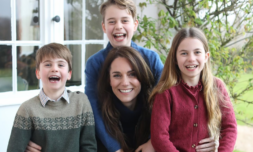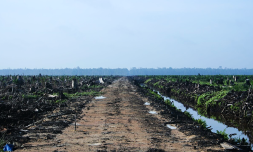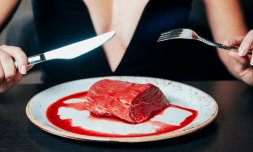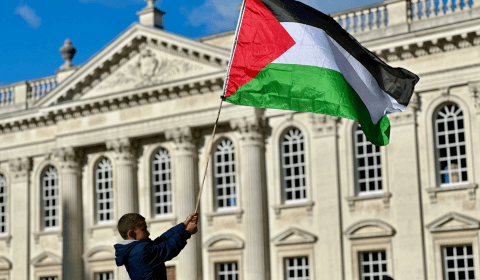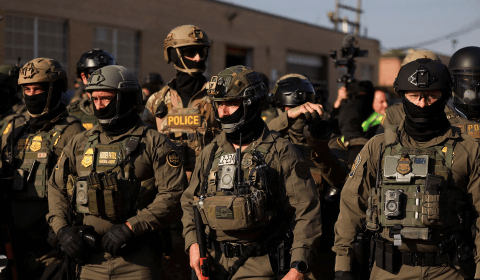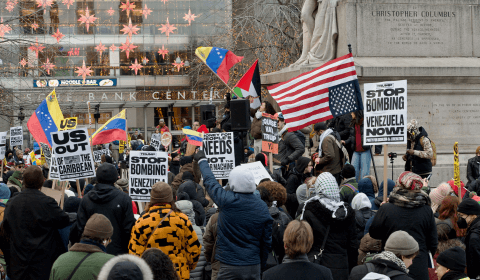Princess Kate’s return to public life has been met with gracious applause. But hers is a tremendous privilege.
When the Princess of Wales emerged from her carriage at Trooping the Colour on Saturday, the rain-sodden crowds cheered in support.
After revealing her cancer diagnosis earlier this year, news which explained a retreat from public duties, Kate’s appearance at Buckingham Palace held more weight than usual. For onlookers, and the country at large, it was a show of strength from a royal family who has faced multiple recent setbacks.
Among Kate’s supporters was journalist Allison Pearson, who penned an Independent article showering the Princess of Wales with praise.
Taking inspiration from Kate’s Audrey Hepburn-esque dress, Pearson had two words for the UK’s ‘Fair Lady’: ‘Thank you. Thank you Princess of Wales for being an absolute trooper’.
But the piece has caused significant outrage for Pearson’s choice of words.
Describing other, non-royal cancer sufferers as ‘lesser mortals’ who would have ‘stayed at home in their jim-jams’ if faced with the same responsibilities as Kate, the piece justifiably angered many.
✍️ ‘When lesser mortals would have stayed at home, Catherine proved that the show goes on’ | Writes @AllisonPearson
Read the comment in full here ⬇️https://t.co/r4jllnDyYH pic.twitter.com/UvEWNnnmx5
— Telegraph Royal Family (@TelegraphRoyals) June 15, 2024
In a tweet posted this weekend, Dr Shola Mos-Shogbamimu described Pearson’s article as an ‘offensive diatribe’, criticising those who approved its publication.
‘I would take thousands of Brits who don’t have the luxury not to show up to work but do in spite of their cancer and those who stay home because of it over and above Catherine, Princess of Wales anytime any day’ Mos-Shogbamimu wrote.
‘Thousands of British cancer patients suffer long NHS waiting lists, health discrimination, die without treatment, have zero financial/moral/social support – but Kate Middleton shows up one day epitomising every advantage systemically denied to others with cancer and is the ‘tonic Britain needed?’’.
Mos-Shogbamimu isn’t alone in his opinion. Netizens have come out in support of the doctor after his comments went viral on X.
Good morning to all ‘lesser mortals’ undergoing cancer treatment without the benefit of being a literal princess and a monumental fuck you to Allison Pearson and everyone at the Telegraph.
— The Kwisatz Hackenbush (@DocHackenbush) June 16, 2024
Ifeanyi Onuoha was quick to discredit Pearson beneath Mos-Shogbamimu’s original post, writing ‘Allison Pearson is an example of privilege and mediocrity, cluelessly ignoring the harsh realities faced by countless cancer patients.’










